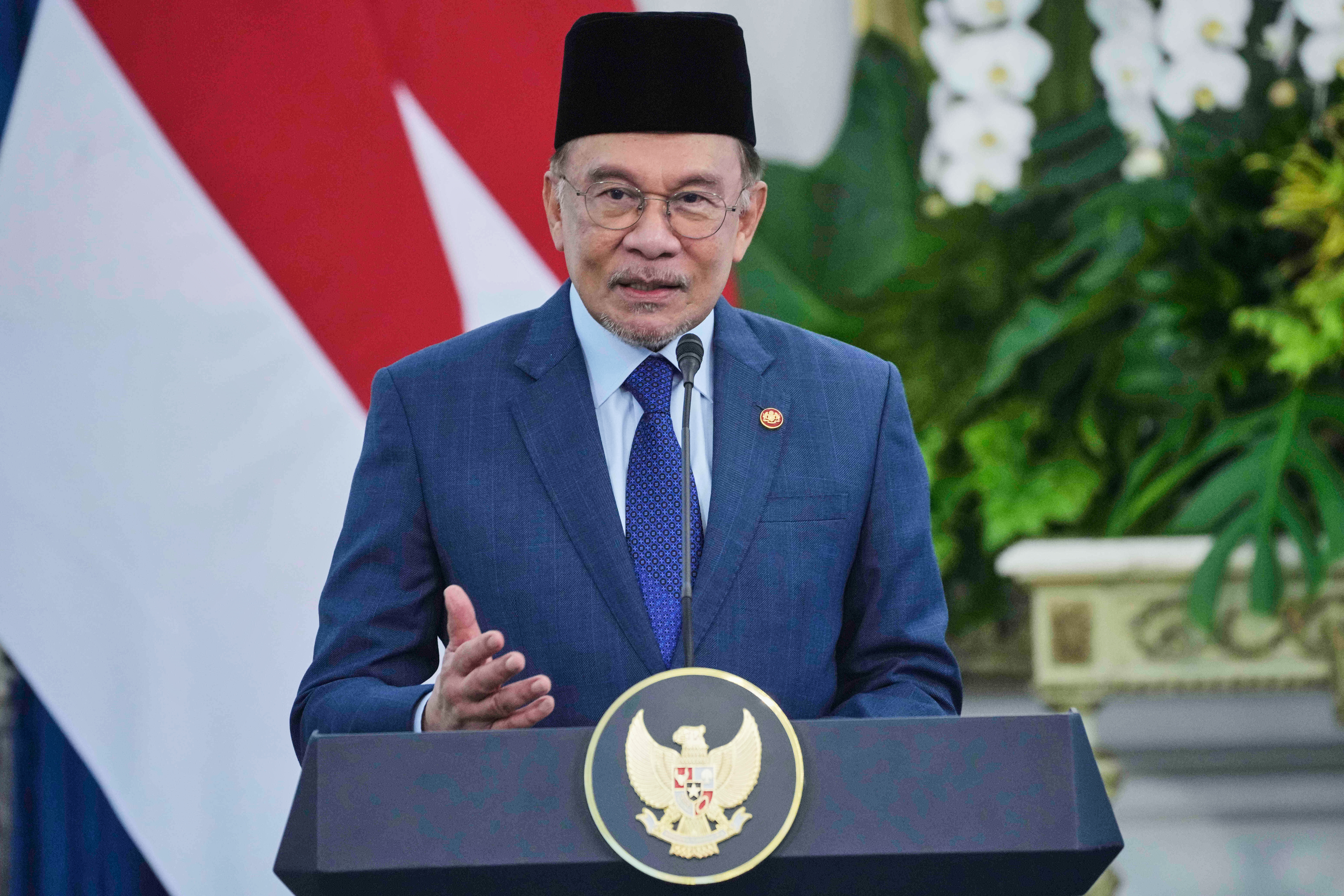
Malaysia is amending plans to cut subsidies on the country’s most popular fuel, while also providing cash handouts as Prime Minister Anwar Ibrahim moves to help people with the cost of living.
In a support package unveiled in a televised briefing Wednesday, Anwar announced a payout of 100 ringgit (about $24) to Malaysians aged 18 and above. The country will also effectively continue to help people pay for RON95, the cheapest and most popular fuel, reducing it to 1.99 ringgit per liter from 2.05 ringgit per liter for locals.
ALSO READ: More Malaysian seniors seek jobs amid rising costs
“The government is sticking to its plan for targeted RON95 petrol subsidies with details to be announced end-September,” Anwar said. “What’s certain is that just like the approach of targeted electricity subsidies, the government gives its assurance that ordinary citizens won’t be affected. In fact let me announce that the RON95 petrol price will fall for citizens.”
ALSO READ: Malaysian budget gives tax breaks to less well-off
The package aims to soften the blow from an expanded sales and service tax that took effect July 1, but effectively dilutes a subsidy rationalization plan that earlier would have removed RON95 subsidies for the wealthy.
The spending plan comes as export-driven Malaysia also grapples with uncertainty on the trade front, with US President Donald Trump having threatened a 25 percent tariff on its goods.
READ MORE: Malaysia PM Anwar eyes subsidies for low-income groups
“All in all, the fiscal consolidation exercise has led to improved fiscal space which allows the government to prescribe such measures,” said Afzanizam Abdul Rashid, an economist at Bank Muamalat Malaysia. “The cash transfers would help to increase consumer spending which then could help to mitigate the impact from heightened external risk.”


